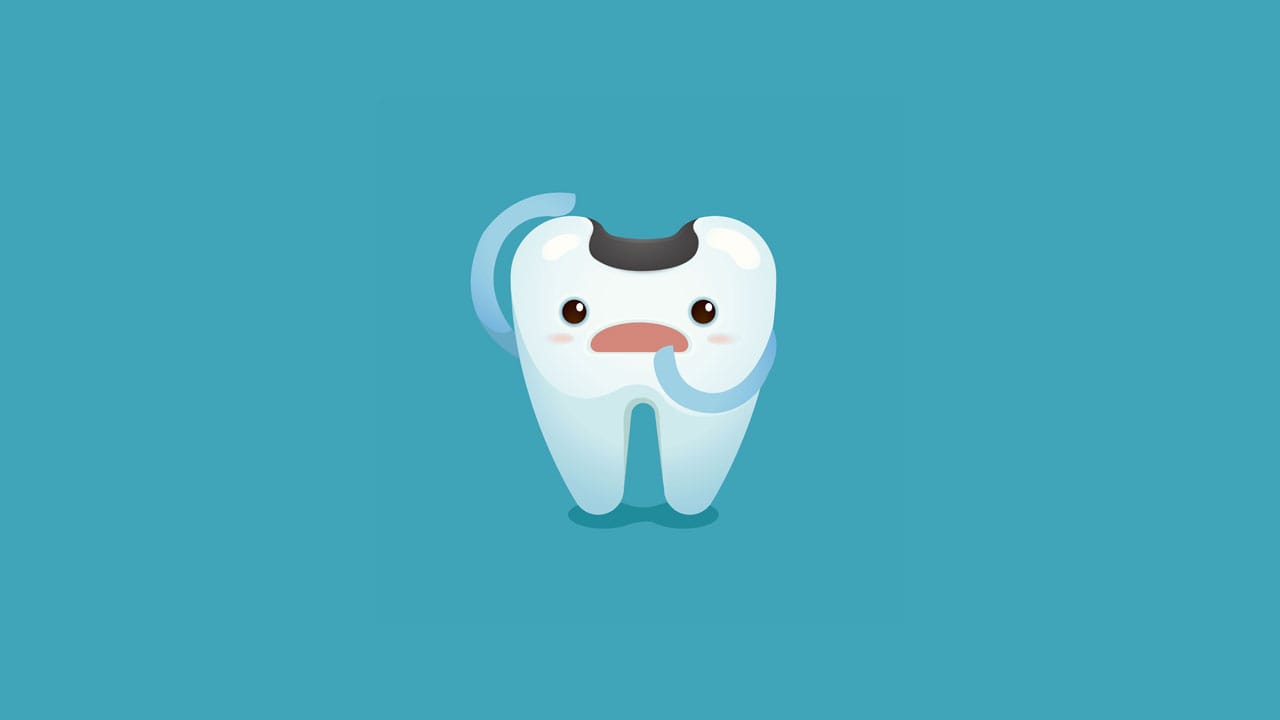
You’ve probably heard the phrase “sugar rots your teeth” many times since you were a kid. While sugar itself is not actually doing the damage to your teeth, it does lead to dental decay! Here is the simple process that sugar takes to wreak havoc on your dental enamel.
It all starts with plaque.
Your mouth is filled with hundreds of bacteria. Some of these bacteria can be good for your health, while others—such as Streptococcus mutans and Streptococcus sorbrinus—can cause serious damage to your dental enamel. These bacteria collect in a substance known as plaque, a colorless and sticky biofilm that forms on the surface of your teeth. These bacteria in plaque are the culprits behind dental decay, and they’re the reason consuming sugar is so harmful to your teeth.
Sugar feeds the bacteria in plaque which, in turn, release acids.
When you eat sugary foods, it attracts the harmful bacteria that is hiding in plaque. These bacteria feed on the sugars in your food. Ideally, you’ll brush away these sugars with a toothbrush after your meal—starving the bacteria and preventing it from causing damage to your dental enamel. However, if you don’t, the bacteria in plaque takes about twenty minutes from your first bite to begin excreting acids onto the surface of your teeth. This is known as an “acid attack,” and this is where the problems with dental decay begin.
These acids demineralize your dental enamel, leading to decay.
When the bacteria in plaque begin to release acids on your teeth, it removes minerals from the white, protective outer layer of your tooth, known as dental enamel. This process is called “demineralization.” Luckily, your mouth is constantly combatting this process as the minerals in your saliva—like phosphate and calcium—work to restore and strengthen your dental enamel after an acid attack. However, your saliva can only do so much to protect your teeth. If you eat sugary foods for long periods of time, the repeated acid attacks will eventually win this battle. With too much acid on your teeth, the dental enamel will ultimately weaken as a result of mineral loss, leading to tooth decay. Over time, these points of erosion will eventually become a large hole known as a cavity.
Thankfully, there are a number of ways you can prevent this process from occurring:
- For starters, the amount of sugar consumed is not as important as the duration of time it takes you to eat it. Eating an entire piece of chocolate cake in one sitting is much more preferable to sucking on a piece hard candy for an hour. This is because taking breaks between your meals gives your teeth an opportunity to remineralize and fight against tooth decay. Therefore, try to eat three meals a day rather than snacking frequently.
- When you do snack, do so in a single sitting. Avoid sucking on hard candies or sipping on sodas for long periods of time. Be sure to brush your teeth after you eat. This will help to remove the harmful bacteria and food debris that can lead to tooth decay.
- Limit your sugar intake. Try swapping out sodas for water, and eat healthy snacks over sugary sweets.
- Brush with fluoride toothpaste. Fluoride helps with the remineralization process that prevents cavities. Therefore, using fluoride toothpaste and mouthwashes can help to prevent decay from occurring.
Think you may have a cavity as a result of your sugar intake? Contact Manus Dental today! We’ll examine your teeth and restore your oral health with just one simple visit to our Lake Zurich, Hyde Park, or Yorkville offices.